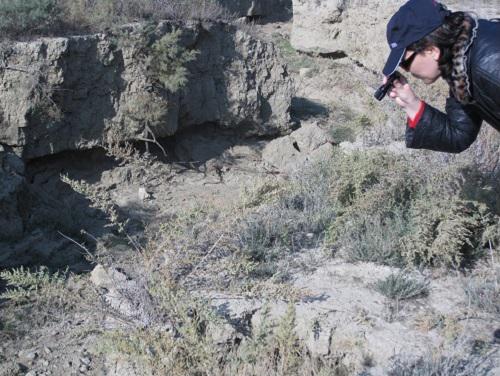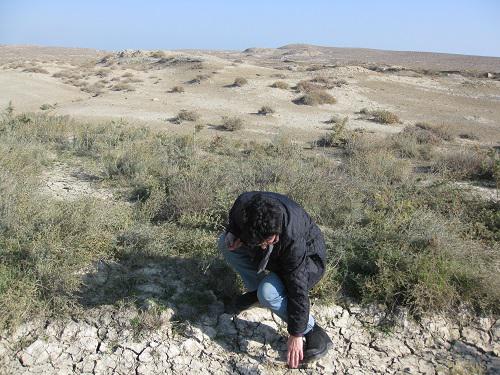Yelena Gambarova
Other projects
30 Apr 2013
Rare Plant Conservation in Azerbaijan: Monitoring Threats and Education of Local Community
7 Dec 2015
Increasing Capacity for Biodiversity Conservation: Long-Term Integrated Research and Conservation Education Program, Azerbaijan
The overarching project goal is to assess the effectiveness of conservation education workshops on Azerbaijani students’ knowledge about rare vegetation distribution and skills on monitoring of threats to rare vegetation within the “buffer zones” in Gobustan National Park (areas between Industry Zone and non-industrial protected area), environmental affect, and responsible environmental behavior.

The evaluation process of conservation education program on Azerbaijani students’ knowledge about rare vegetation, environmental affect and responsible environmental behaviour consists of the following steps: identify purpose of evaluation; select evaluation method; design evaluation tools, collect data; analyze and report results.

For evaluations of the training course on rare vegetation conservation in Gobustan National Park, the Project team will use Donald Kirkpatrick's levels model: reaction, learning and behavior.
The Project team will develop the post-tests for measure knowledge gained from participating in the course.
Comparing participants’ post-test scores to their pre-test scores enables us to see whether the training was successful in increasing participant knowledge about rare vegetation and its threats within “buffer zone” of the study area in Gobustan.
Only participants with both pre and post tests will be included in this analysis. Using these tests, the differences between pre and post-tests will be examined for statistical significance.
We also assume the close interactivities with our independent experts on assessment of students’ behaviour after they acquired knowledge.